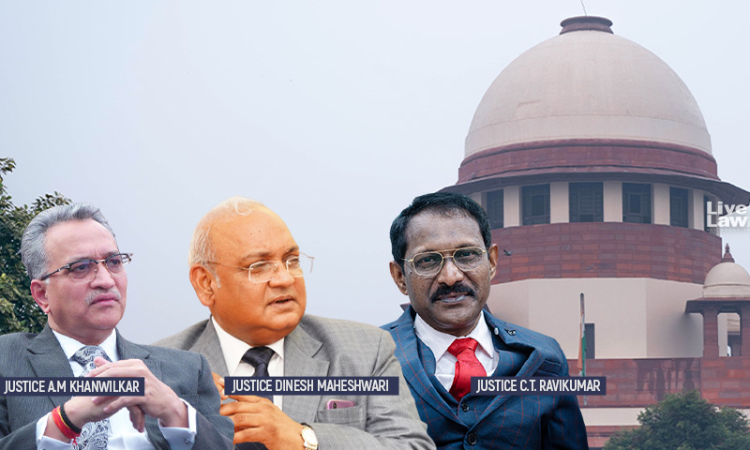The Supreme Court observed that a lapse or omission to carry out DNA profiling, by itself, cannot be held to be fatal in rape cum murder cases."The lapse or omission (purposeful or otherwise) to carry out DNA profiling, by itself, cannot be permitted to decide the fate of a trial for the offence of rape especially, when it is combined with the commission of the offence of murder as in case...

